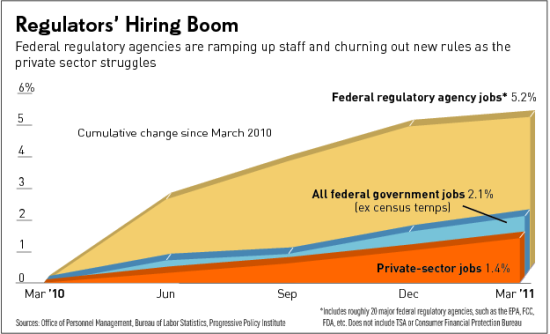Africa opens the office building in Egypt of its African Space Agency
Going where no bureaucrat has gone before! Ceremonies on April 20, 2025 in Cairo inaugurated the opening of the headquarters in Egypt of the African Space Agency.
Badr Abdelatty, Egypt’s Minister of Foreign Affairs and Immigration, participated in the official inauguration. The ceremony was attended by several high-ranking officials and dignitaries, including Dr. Ayman Ashour, Minister of Higher Education and Scientific Research; Dr. Sherif Sedky, CEO of the Egyptian Space Agency; Moses Vilakati, African Union Commissioner for Agriculture, Rural Development, Blue Economy, and Environmental Sustainability; and Dr. Tidiane Ouattara, Chair of the African Space Agency Council. Also in attendance were heads and representatives of African and international space agencies, along with ambassadors from African nations and partner countries of the African Union.
…Minister Abdelatty underlined that the African Space Agency will act as a platform to deepen cooperation among African nations in the peaceful uses of space, promote knowledge exchange, and build technical capacities. Additionally, it will work to unify African positions in international forums, especially within the United Nations system. He also stressed the importance of collaboration with academic institutions, research centers, and global space agencies, which will help establish a robust African presence in space science and technology.
While these officials also claimed the agency will foster cooperation across Africa’s space industries and governments, the quote reveals its main focus, acting as a jobs program for the political hacks who have done favors for the various leaders of African countries. This is not to say it won’t help encourage some space development (it will), but we must recognize that this agency has little to do with fostering private enterprise.
Going where no bureaucrat has gone before! Ceremonies on April 20, 2025 in Cairo inaugurated the opening of the headquarters in Egypt of the African Space Agency.
Badr Abdelatty, Egypt’s Minister of Foreign Affairs and Immigration, participated in the official inauguration. The ceremony was attended by several high-ranking officials and dignitaries, including Dr. Ayman Ashour, Minister of Higher Education and Scientific Research; Dr. Sherif Sedky, CEO of the Egyptian Space Agency; Moses Vilakati, African Union Commissioner for Agriculture, Rural Development, Blue Economy, and Environmental Sustainability; and Dr. Tidiane Ouattara, Chair of the African Space Agency Council. Also in attendance were heads and representatives of African and international space agencies, along with ambassadors from African nations and partner countries of the African Union.
…Minister Abdelatty underlined that the African Space Agency will act as a platform to deepen cooperation among African nations in the peaceful uses of space, promote knowledge exchange, and build technical capacities. Additionally, it will work to unify African positions in international forums, especially within the United Nations system. He also stressed the importance of collaboration with academic institutions, research centers, and global space agencies, which will help establish a robust African presence in space science and technology.
While these officials also claimed the agency will foster cooperation across Africa’s space industries and governments, the quote reveals its main focus, acting as a jobs program for the political hacks who have done favors for the various leaders of African countries. This is not to say it won’t help encourage some space development (it will), but we must recognize that this agency has little to do with fostering private enterprise.

